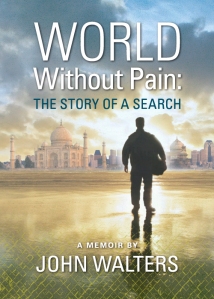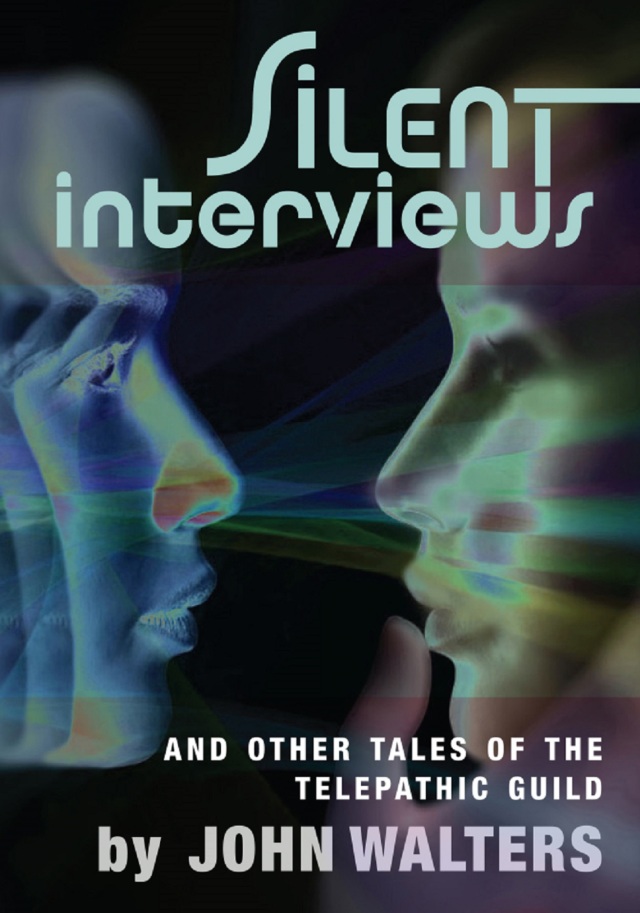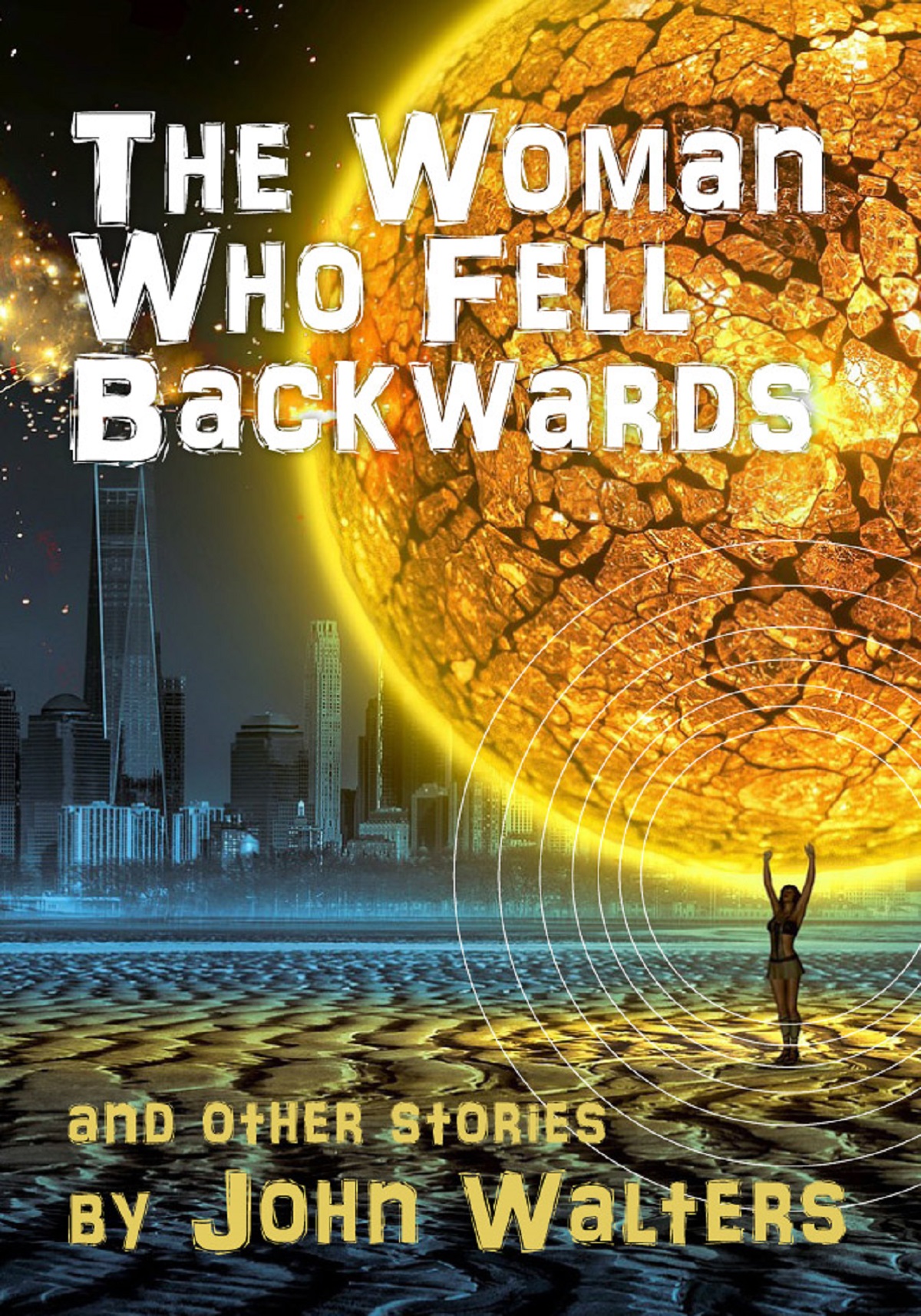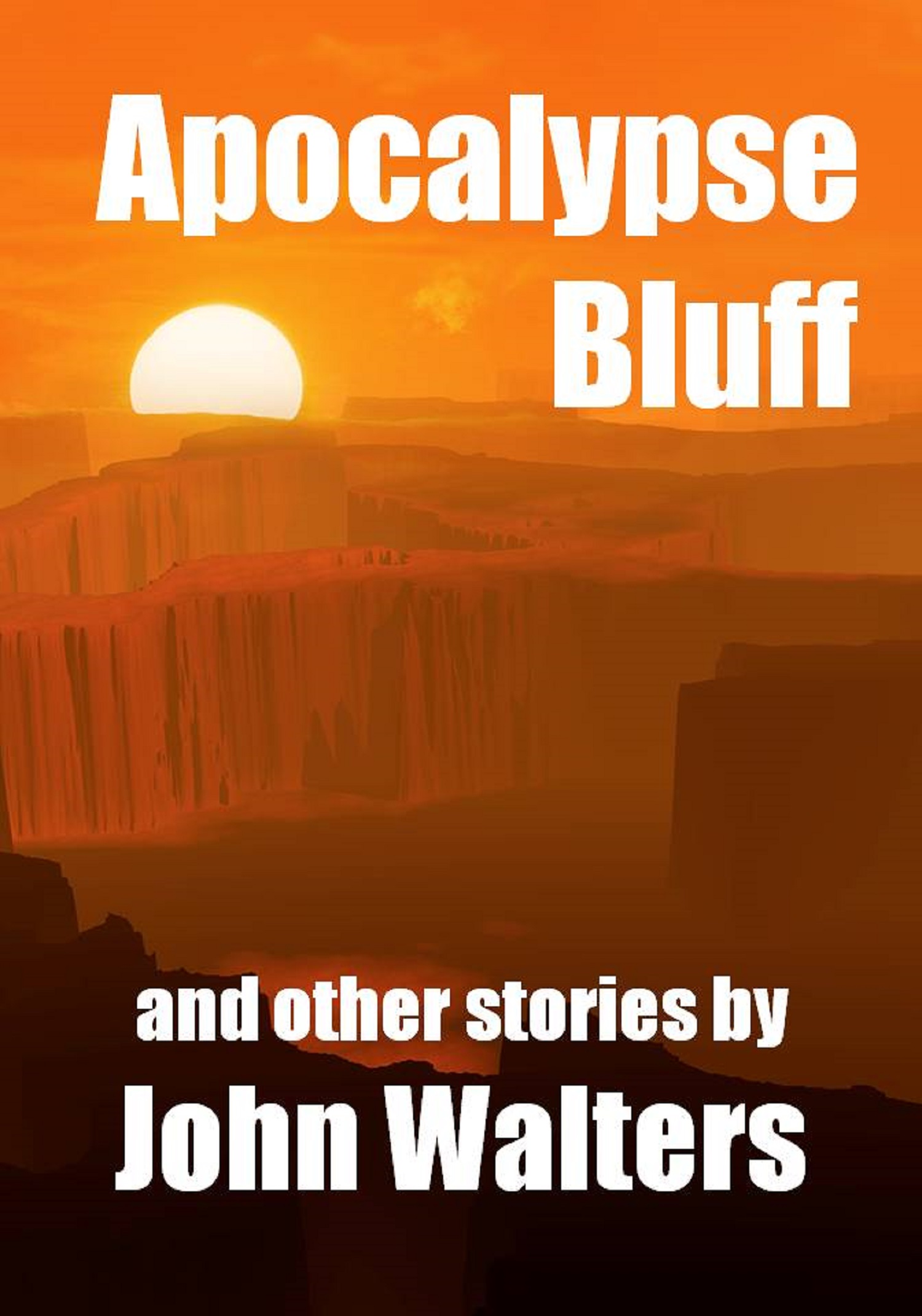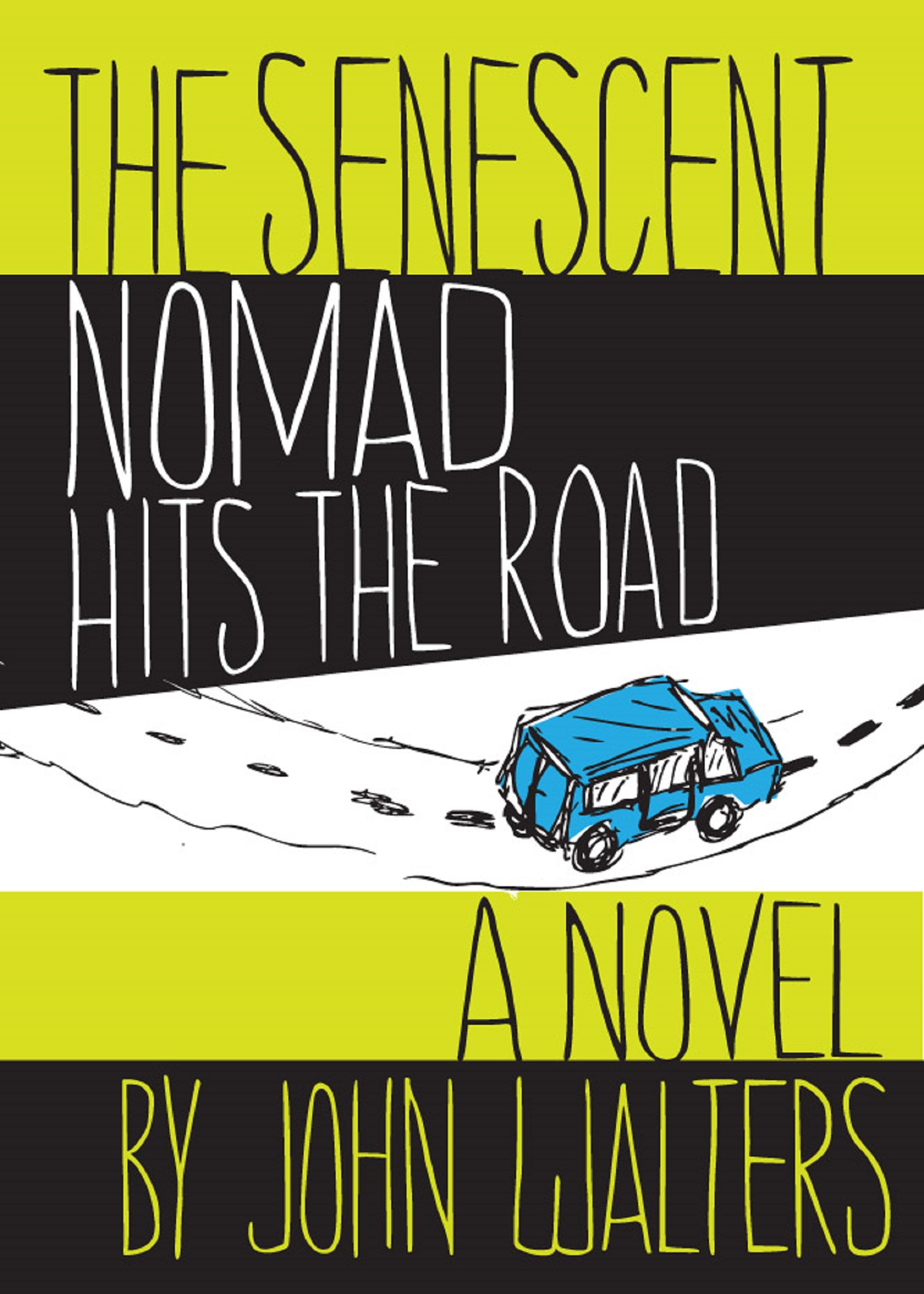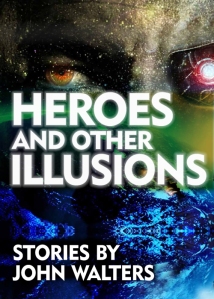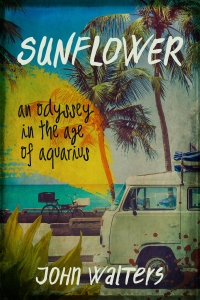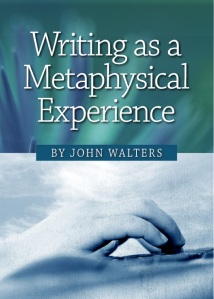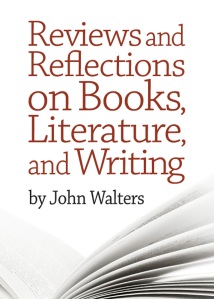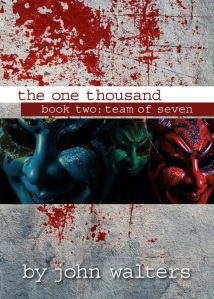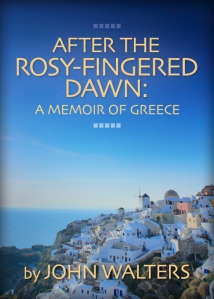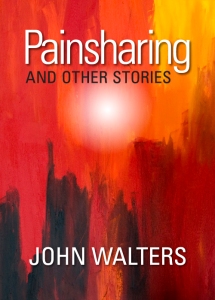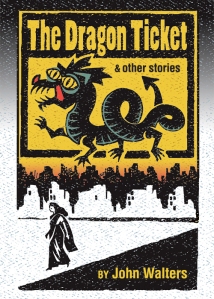I always like to be reading a book. I usually alternate between fiction and nonfiction, and I usually plan my reading at least one or two books ahead so I always have something on hand. But having finished a novel, and finding myself caught short without a nonfiction book to follow it, I traipsed on down to the public library to see what I could find. Since the library had not yet opened, I perused the shelves of the library excess book sale set out in the bright mid-winter San Diego sunshine. I came across this book by Gore Vidal, recognized it as a National Book Award winner and something that I had had on my reading list for some time. Four decades of essays on the arts and literature, politics, film, and various other subjects. What’s not to like? It’s a massive unabridged-New-York-phone-book brick of a book 1300 pages long. So what? I have never shied away from big books. I decided to give it a try.
So I read the first forty or so pages. Then I skimmed through. Then I skipped ahead again and read a few essays out of order, on topics I thought I would be particularly interested in.
And I’m not going to read any more.
I’m glad I only paid a buck twenty-five for the book, because it is one of those rare books that, once begun, I will not finish reading until the end. I didn’t see it coming.
I read Vidal’s take on Faulkner, and Hemingway, and Norman Mailer, and Henry Miller, and John Barth, and Thomas Pynchon, and various other writers. And Vidal had scarcely a good word to say about any of them. Oh, he complemented one or the other here or there for this or that – but the problem is, he does not write from the viewpoint of an ordinary person, but from the top of some tall tower of academia. He writes in a language that is pompous, highbrow, cynical, condescending, and elitist. That’s the trouble with being a critic. A critic criticizes. I had to stop reading because I didn’t want that voice in my head telling me that nothing is first rate, nothing is innovative, nothing is praiseworthy. This writer has this flaw; the other writer has that flaw. That one, though acclaimed, is a hack, or a fraud, or insincere, or overrated. All right, I admit that no writer is perfect. No human being is perfect for that matter. But such a negative view of – well, everything – leeches the fun, the excitement, the exuberance out of life.
This hit me particularly hard in light of the current furor in the publishing field between traditional and self-publishing. To me Vidal and his pedantic essays represent the epitome of the traditional. I realize he was not so in his personal life, nor was he in his own fiction. He was bold, innovative, outspoken. His writing ran the gamut of essays and nonfiction, novels, plays, and screenplays. He was admired for his essays by the literati, whoever they are, and that’s just fine. I feel, though, there is a place for the writer who has no place in academia, who grew up on the streets or on the road, who speaks uncommon things with a common voice, who puts on no pretences in pursuit of truth, though it be truth seen through the lens of fiction. Perhaps Vidal believed the same, but if so it doesn’t come through in the essays I read. Give me someone simple, straightforward, powerful, emotional, willing to speak from the guts and the heart without the need of a dictionary and a thesaurus and a classical library.
Therefore this book has found its way onto the very short list of the books I started and did not finish. If you enjoyed it and you think I’m dead wrong, so what? I can live with that, and I’d even be happy to hear your opinion on the matter. In the meantime, I’m going to move on to something else. C’est la vie!
* * *
While continuing to think about this essay this week, in contemplation of its upcoming publication, a few further thoughts came to me.
One was a word, actually. Irrelevant. That’s what this book is to me; it’s irrelevant. It has nothing to do with me or my experience as a writer or as a human being. That’s why I put it down. If it relates to you, go ahead and enjoy it.
The other thing that came to mind, something I hadn’t thought of for many years, is from the wonderful novel “Jurgen” by James Branch Cabell. If you’ve never read it I encourage the experience. It’s a fantasy parable about a man who goes searching in the underworld for his wife and finds many marvelous and peculiar beings. Anyway, Jurgen, who prides himself on his cleverness, meets a young man who reminds him of himself when he was younger. The young man asks Jurgen something like, “But is not cleverness the main thing?” And Jurgen sadly realizes that though he may have thought so once he now realizes that life is much more complex than that. Resonating through the essays in “United States” is the underlying tone of the writer: “Aren’t I clever?” and “Is not cleverness the main thing?” I have to answer, at least for myself and in my own experience: No, it isn’t.


